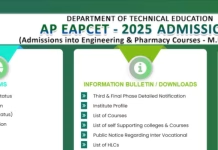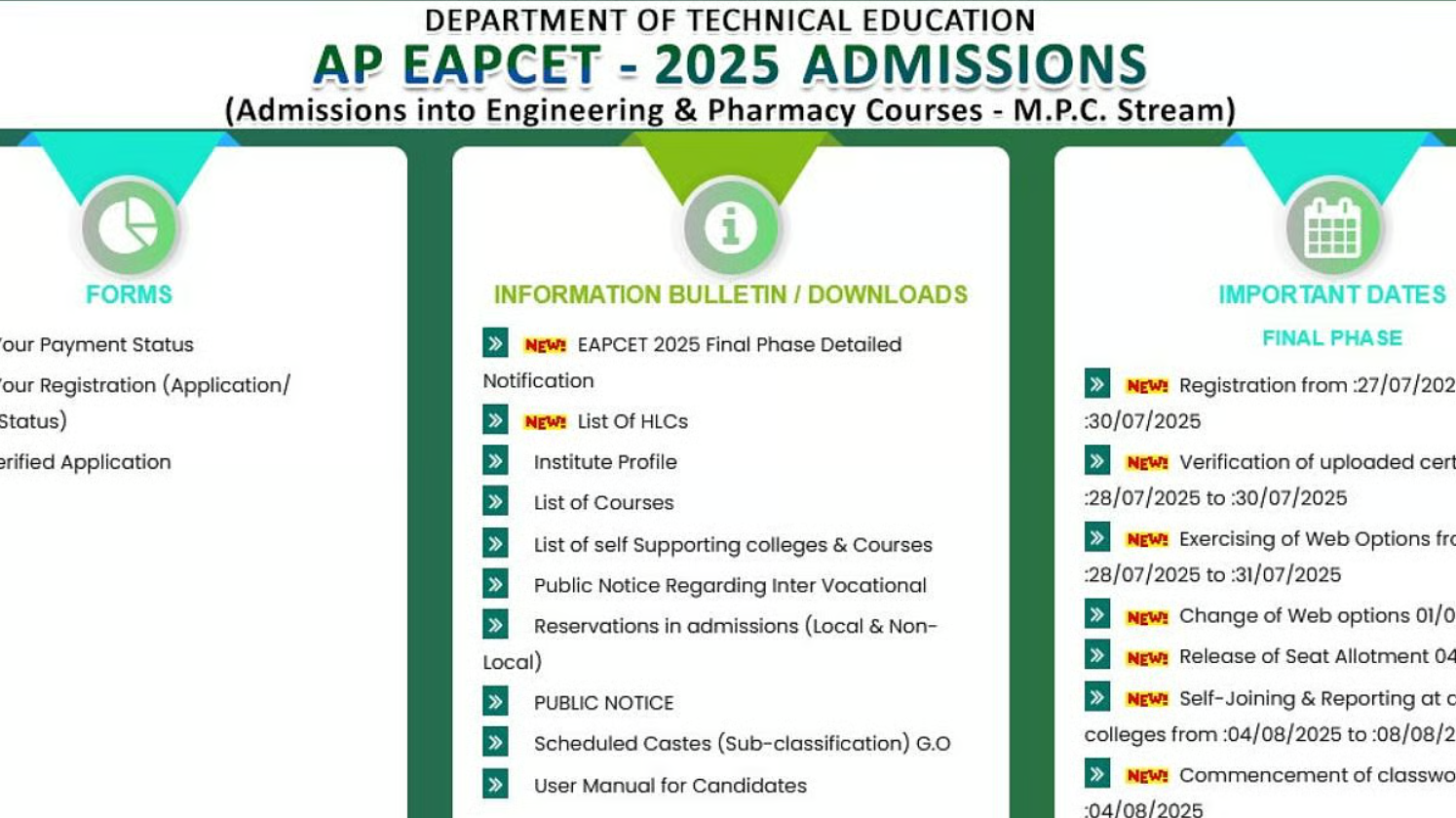The Benefits of an EdS Degree
An Educational Specialist (EdS) degree is a postgraduate program that provides educators with advanced knowledge and skills in a specific area of education. This degree is designed for individuals who already hold a master’s degree in education and want to further enhance their expertise. In this article, we will explore the numerous benefits of pursuing an EdS degree and how it can positively impact your career in education.
Enhanced Expertise
One of the primary benefits of obtaining an EdS degree is the opportunity to enhance your expertise in a specialized area of education. This degree allows you to delve deeper into a specific subject, such as educational leadership, curriculum development, or special education. By gaining in-depth knowledge and skills, you become a valuable asset to educational institutions and can contribute significantly to improving student outcomes.
Expanded Career Opportunities
Pursuing an EdS degree opens doors to expanded career opportunities in the field of education. With this advanced qualification, you become eligible for leadership positions such as principal, superintendent, or educational consultant. These roles often come with increased responsibilities and higher salaries. Additionally, an EdS degree can make you a competitive candidate for positions at colleges, universities, and educational research institutions.
Professional Networking
Another advantage of pursuing an EdS degree is the opportunity to build a strong professional network. During your studies, you will interact with fellow educators, professors, and industry experts. These connections can be invaluable for future collaboration, mentorship, and career advancement. By engaging with a diverse group of professionals, you can gain different perspectives and stay updated with the latest trends and research in the field of education.
Research and Innovation
An EdS degree often involves conducting research and exploring innovative educational practices. This experience allows you to contribute to the advancement of the field by developing new strategies, interventions, or educational models. By staying at the forefront of research and innovation, you can make a meaningful impact on student learning outcomes and contribute to the overall improvement of the education system.
Specialized Skills
Through an EdS program, you can acquire specialized skills that are highly sought after in the education sector. These skills may include data analysis, program evaluation, instructional design, or educational technology integration. By mastering these skills, you become a versatile educator capable of addressing complex challenges and implementing evidence-based practices. This expertise sets you apart from others and increases your value as an educator.
Continued Professional Development
An EdS degree is a testament to your commitment to continuous professional development. It demonstrates your dedication to staying current with the latest research, best practices, and educational policies. By pursuing this advanced degree, you show employers and colleagues that you are invested in your profession and are willing to go the extra mile to provide the best possible education for your students.

In conclusion, an EdS degree offers numerous benefits for educators who wish to advance their careers and make a positive impact in the field of education. From enhanced expertise and expanded career opportunities to professional networking and specialized skills, this degree equips you with the necessary tools to excel in your role. By pursuing an EdS degree, you invest in your professional growth and contribute to the overall improvement of the education system.
Frequently Asked Questions Benefits of an EdS Degree
1. What is an EdS degree?
An EdS degree, or Education Specialist degree, is a postgraduate professional degree that focuses on advanced knowledge and skills in the field of education.
2. What are the career opportunities for someone with an EdS degree?
Graduates with an EdS degree can pursue various career paths such as school administrators, curriculum specialists, educational consultants, or educational researchers.
3. How does an EdS degree differ from a master’s degree in education?
An EdS degree typically requires more credits and coursework beyond a master’s degree, providing a deeper level of specialization and expertise in a specific area of education.
4. What are the advantages of earning an EdS degree?
Earning an EdS degree can lead to increased job prospects, higher earning potential, opportunities for career advancement, and enhanced knowledge and skills in the education field.
5. Can an EdS degree help in obtaining leadership positions in education?
Yes, an EdS degree can be beneficial for individuals aspiring to leadership roles in education, as it provides advanced knowledge and skills necessary for effective educational leadership.
6. Are there any specific specializations within an EdS degree?
Yes, EdS programs often offer specializations such as educational leadership, school psychology, curriculum and instruction, special education, or educational technology.
7. Does having an EdS degree increase salary potential?
Yes, in many cases, having an EdS degree can lead to higher salaries compared to individuals with only a bachelor’s or master’s degree in education.
8. Can an EdS degree benefit educators who want to transition to non-teaching roles?
An EdS degree can provide educators with the necessary skills and knowledge to transition into various non-teaching roles within the education field, such as administration or educational consulting.
9. Are there any research opportunities associated with an EdS degree?
Yes, many EdS programs include research components, allowing students to engage in educational research and contribute to the advancement of knowledge in the field.
10. Can an EdS degree help in pursuing a doctoral degree in education?
An EdS degree can serve as a stepping stone toward a doctoral degree in education, providing a solid foundation and specialized knowledge for further academic and research pursuits.




